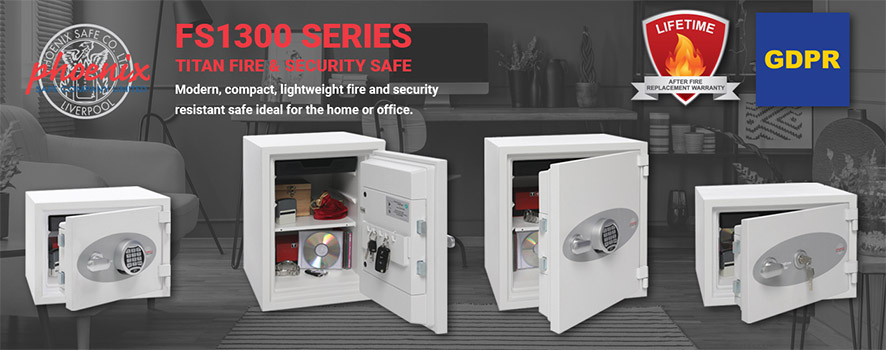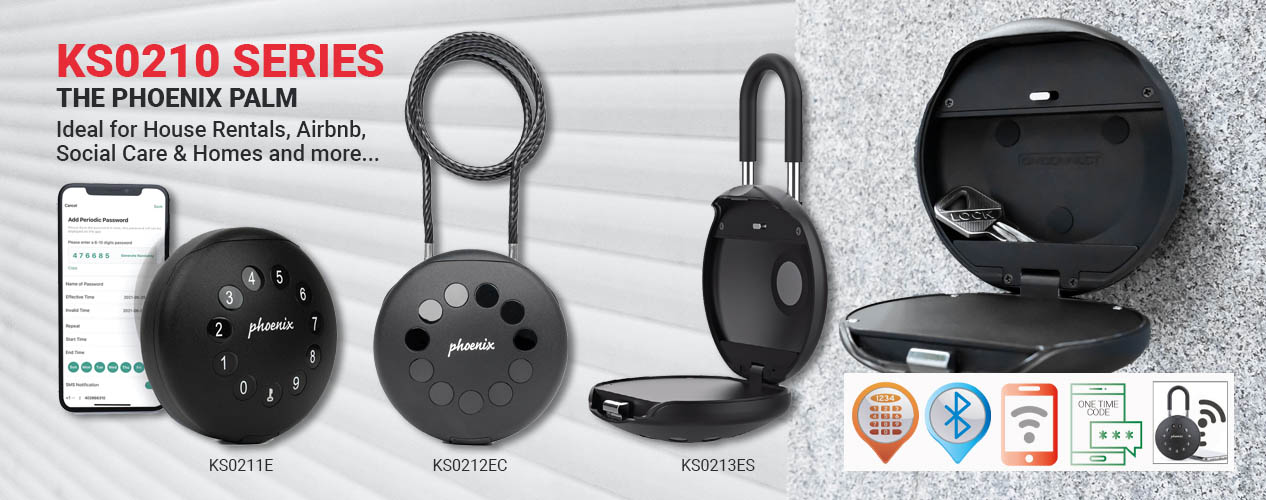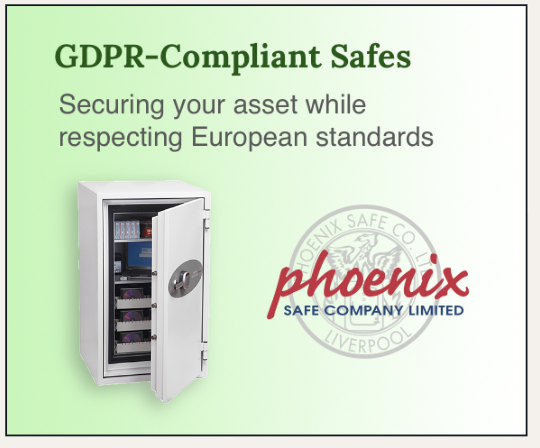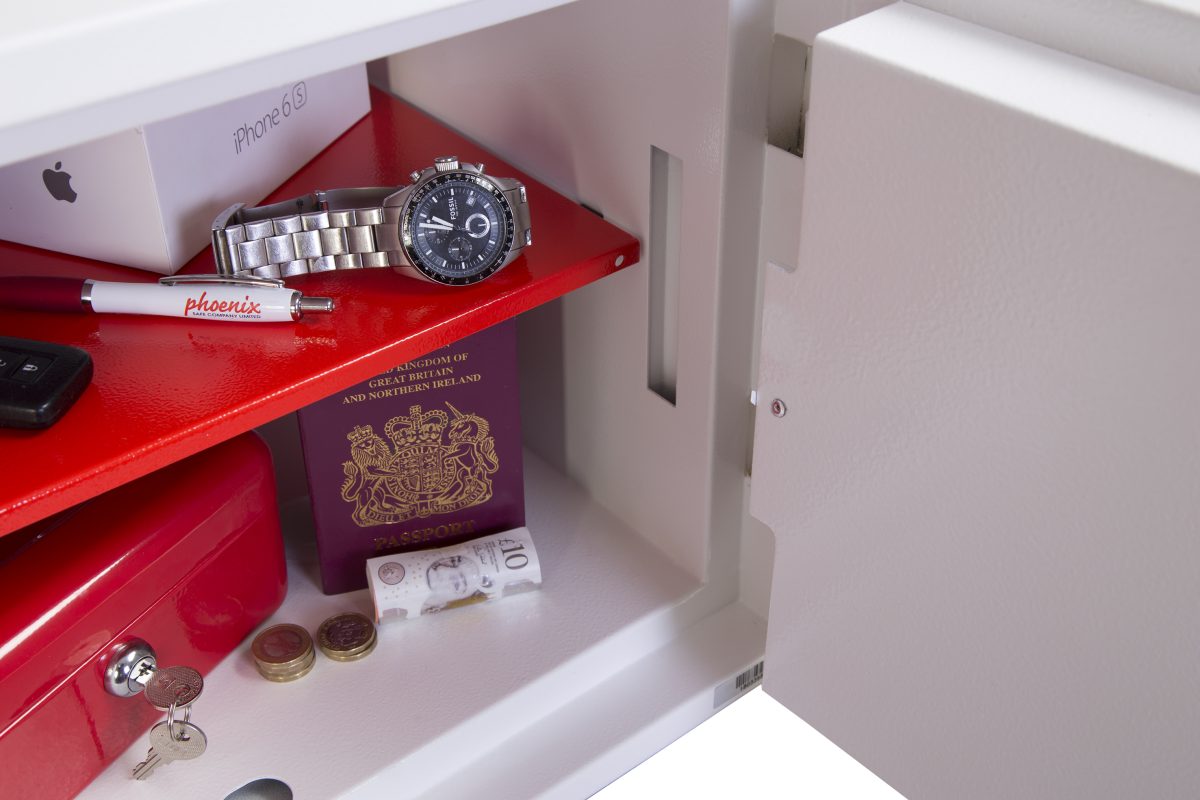What are Irish Insurers’ requirements for safes?
In Ireland, many insurance companies have specific requirements for the installation and use of safes in order for a policyholder’s valuables to be covered by their insurance policy. And it is important to be aware that there have been changes for Safe Insurance in Ireland since Brexit. Here are some of the general requirements that Irish insurers may have for safes:
Certification: The safe must be certified by a recognised testing agency, such as the European Security Systems Association (ESSA), and meet certain minimum security standards, such as EN 14450.
Size and weight: The safe must be of a certain size and weight, depending on the value of the items being stored. Generally, the safe should be securely anchored to the floor or wall to prevent it from being easily removed.
Installation: The safe must be installed in a secure location, such as a hidden room or closet, and away from easy access points such as windows or doors.
Maintenance: The safe must be maintained regularly to ensure that it continues to provide adequate protection. This may include regular inspection, lubrication of moving parts, and replacement of worn components.
Documentation: The policyholder must provide documentation to the insurer to show that the safe has been installed and meets the required standards.
It’s important to note that specific requirements may vary depending on the insurance company and the policy being offered. It’s always best to consult with the insurer directly to determine their specific requirements for safes and to ensure that the policyholder’s valuables are adequately protected.
Changes for Safe Insurance in Ireland since Brexit
Since Brexit, there have been some changes to safe insurance requirements in Ireland, particularly in relation to certification standards for safes. Prior to Brexit, safes certified by UK-based testing agencies, such as the Loss Prevention Certification Board (LPCB), were generally accepted throughout the EU, including Ireland. However, following Brexit, UK certification standards are no longer automatically recognised by EU member states.
In Ireland, insurers may now require safes to meet specific security standards set by recognised testing agencies based in the EU. For example, the European Security Systems Association (ESSA) provides certification for safes that meet European standards for burglary and fire resistance. It’s possible that insurers in Ireland may now require safes to be certified by ESSA or other recognized EU-based testing agencies to ensure that they meet the necessary security standards.
In addition, insurance policies may now contain specific language regarding safe certification and installation requirements. It’s important for policyholders to carefully review their insurance policy to ensure that their safe meets any specific security requirements set by their insurer and to ensure that their coverage remains adequate for their needs.
Overall, the changes to safe insurance requirements in Ireland since Brexit highlight the importance of staying informed about any changes in certification and security standards, and working with your insurer to ensure that your safe meets any specific requirements set by your policy.
Why do UK-certified safes not meet Irish Insurers’ requirements since Brexit?
The reason why UK-certified safes may not meet Irish insurers’ requirements since Brexit is that the UK’s certification standards for safes may no longer be recognised by EU member states, including Ireland, following the UK’s departure from the EU. Before Brexit, safes certified by the UK’s Loss Prevention Certification Board (LPCB) and other UK-based testing agencies were generally accepted throughout the EU.
However, following Brexit, the UK is no longer part of the EU’s mutual recognition system for product certification, which means that UK certification standards are no longer automatically recognised by EU member states. This means that safes certified by UK-based testing agencies may not meet the specific security requirements set by Irish insurers, which could impact the insurance coverage for policyholders.
To address this issue, UK-based testing agencies may need to seek approval from EU member states to continue certifying safes to EU standards, or manufacturers may need to seek certification from EU-based testing agencies. In the meantime, it’s important for policyholders to ensure that their safes meet the specific security requirements set by their insurer to ensure that their valuables are adequately protected.
How to make sure you have the right insurance for your safe
Here are some steps to make sure you have the right insurance for your safe:
Determine the value of the items you plan to store in the safe: It’s important to have an accurate estimate of the total value of the items you plan to store in the safe, as this will help you determine the amount of insurance coverage you need.
Review your insurance policy: Check your home insurance policy to see if it covers the contents of your safe, and if so, what the limits are. If your policy does not cover the contents of your safe or the coverage limit is not sufficient, you may need to purchase additional coverage.
Contact your insurer: Contact your insurance provider to discuss your specific needs and requirements for insuring your safe. Your insurer can help you determine the appropriate amount of coverage you need and provide advice on any specific requirements for the safe itself.
Provide documentation: Provide documentation to your insurer to show that your safe meets any specific security requirements set by the insurer. This may include certification from a recognized testing agency, such as the European Security Systems Association (ESSA), or proof that the safe is securely anchored to the floor or wall.
Review your policy regularly: It’s important to review your insurance policy regularly to ensure that your coverage remains adequate for your needs. If you make any significant changes to the contents of your safe, be sure to update your insurance policy accordingly.
By following these steps, you can ensure that you have the right insurance coverage for your safe and the items you plan to store in it.
Why is the right insurance important for your safe
Having the right insurance for your safe is important because it provides financial protection for the valuables stored inside it in case of theft, fire, or other covered perils. Without adequate insurance coverage, you could be at risk of losing valuable items without any means of reimbursement or compensation.
Furthermore, many insurance companies have specific requirements for safes in order for a policyholder’s valuables to be covered by their insurance policy. These requirements may include minimum security standards, such as certification by a recognised testing agency, a certain size and weight, and proper installation and maintenance. If your safe does not meet these requirements, your insurance coverage may be invalidated, leaving you without any financial protection in case of loss or damage to the items stored inside.
By having the right insurance for your safe, you can have peace of mind knowing that your valuables are adequately protected and that you have financial protection in case of unexpected events. It’s important to review your insurance policy regularly to ensure that your coverage remains adequate for your needs and that your safe continues to meet any specific requirements set by your insurer.
Click here to view our range of certified safes
For any further information, contact the team at Safesonline.ie




